MAYDAY, MAYDAY, MAYDAY: What Your Dispatcher Needs to Know
MAYDAYs may not happen often, but when they do the dispatcher and firefighter need to remain calm and revert to their training. It is easy to think that most MAYDAYs are residential or commercial building fires but it can happen on water calls or other rescue assignments too.
Always give the information that your jurisdiction has set for you in their SOPs. Some useful information for your dispatcher includes the famous acronym:
LUNAR: L- Location, U-Unit, N- Name, A-Air, R- Resources
You are probably already aware of why you need to know this information for your fellow downed firefighter. Your dispatcher also needs this information to assist in making this a close call and not a LODD.
Location
Lets start with location. Things can get hectic on the fireground sometimes so think of your dispatcher as someone looking over a board game keeping track of all the pieces. It is not that dispatch is in charge of an incident, but they are working alongside command to facilitate the incident. Although not all dispatch centers do things the same way, many dispatchers want to know where their units are. In case you are not able to get your location out in your MAYDAY, knowing that Engine AB was working Bravo side Division 1 before the MAYDAY was called can save time and increase the chances of a life being saved.
Letting your dispatcher know what unit you were on will also help us determine who may be with you. If Engine XY had 2 firefighters on board and we have a MAYDAY from one and haven’t heard from his partner, we may potentially have two MAYDAYS. We can also use that second partner to give a last known location of his partner and the conditions at that location.
Name
Your name should help command account for who the MAYDAY is for via your accountability system. Dispatch can take this information and contact appropriate fire department administration so they can make proper notification within the service but also to family members if the incident unfortunately turns for the worse.
Air & Assignment
Dispatch can record what your PSI is in your SCBA with a timestamp to relay and give updates to your RIT/RIC & Command.
Resources
Knowing what kind of machinery or other equipment and resources are needed to extricate and save the down firefighter will allow dispatch to get started on locating and alerting those speciality units or resources. Do you need an cave-in unit, dive team, or maybe additional foam to fight the fire to access the firefighter?
Relaying this important information in your MAYDAY will aid crews in getting to you with necessary resources as well as give the dispatcher information they need for relaying information to on scene units, making notifications and requesting/dispatching additional resources.
Keep practicing those MAYDAYS around the station to help you become more confident and give you the assurance that you know exactly what to do when things take a turn for the worse, giving yourself the best chance of survival.
(Cover Photo Courtesy: Keith Addie, NJFiregroundPhotos.com)

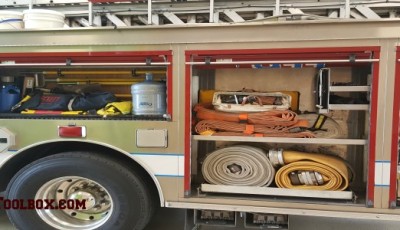
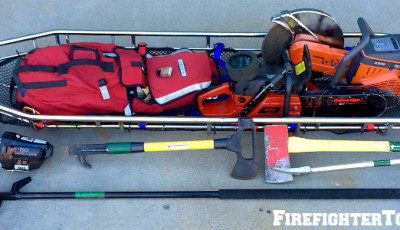
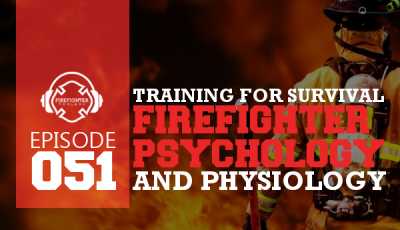
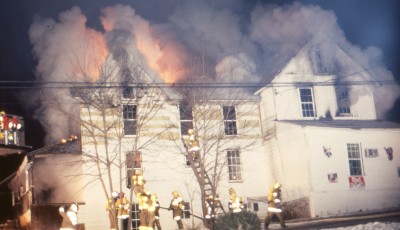
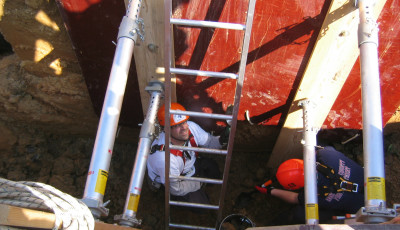
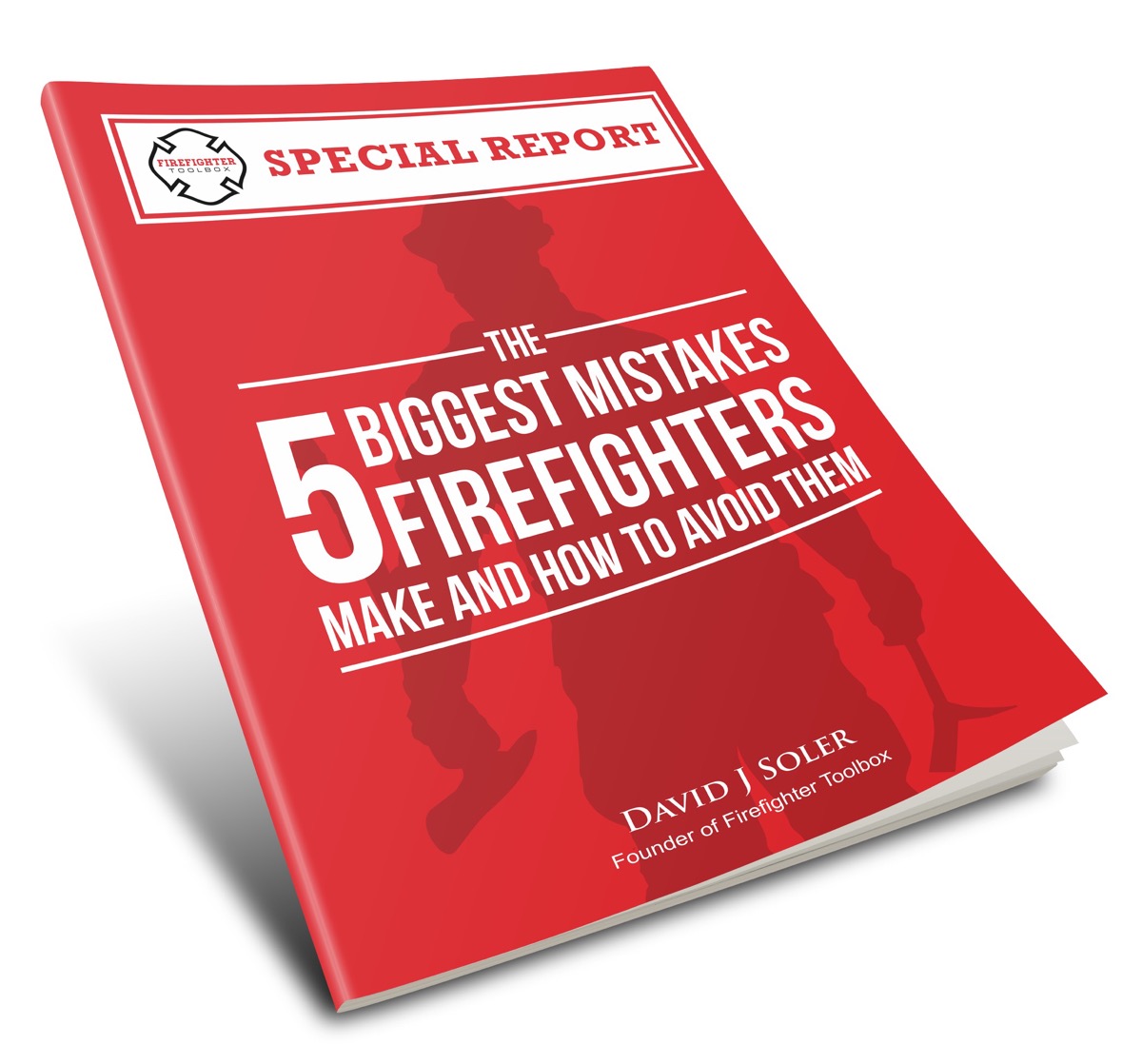



Excellent point. When we put together Baltimore Counties MAYDAY & RIT policy, we had the Dispatch Lt. and the civilian supervisor on the development team. We also included a training session for the dispatchers. Their help and attentiveness during these events is invaluable!
Great point Michael! When developing policies it is important to see how they will be implemented in the field and in dispatch. The dispatch team and the Fire Department need to work hand in hand in order to create an effective system. Thank you for your feedback!
Some good points Allison, we (Fire House Publications) have a class we teach as well “Managing the MayDay”; incident command (IC) personnel need to keep in mind that there have been several occasions where IC misses the call of MayDay and it is caught by the dispatchers. Departments must incorporate the required actions that dispatch and IC need to run a smooth operation in such conditions, and when training dispatchers must be included into the training.
Wonderful to hear from you Kipp. I agree that dispatchers need to be included in these trainings so we can all learn as much as possible. No mayday is the same and the only thing we can do is train to better prepare ourselves. You’re right that dispatch sometimes hears the mayday and IC doesn’t so its important for the dispatcher to know what the firefighter is talking about, and be able to accurately relay the information to IC. Thank you for stopping by!